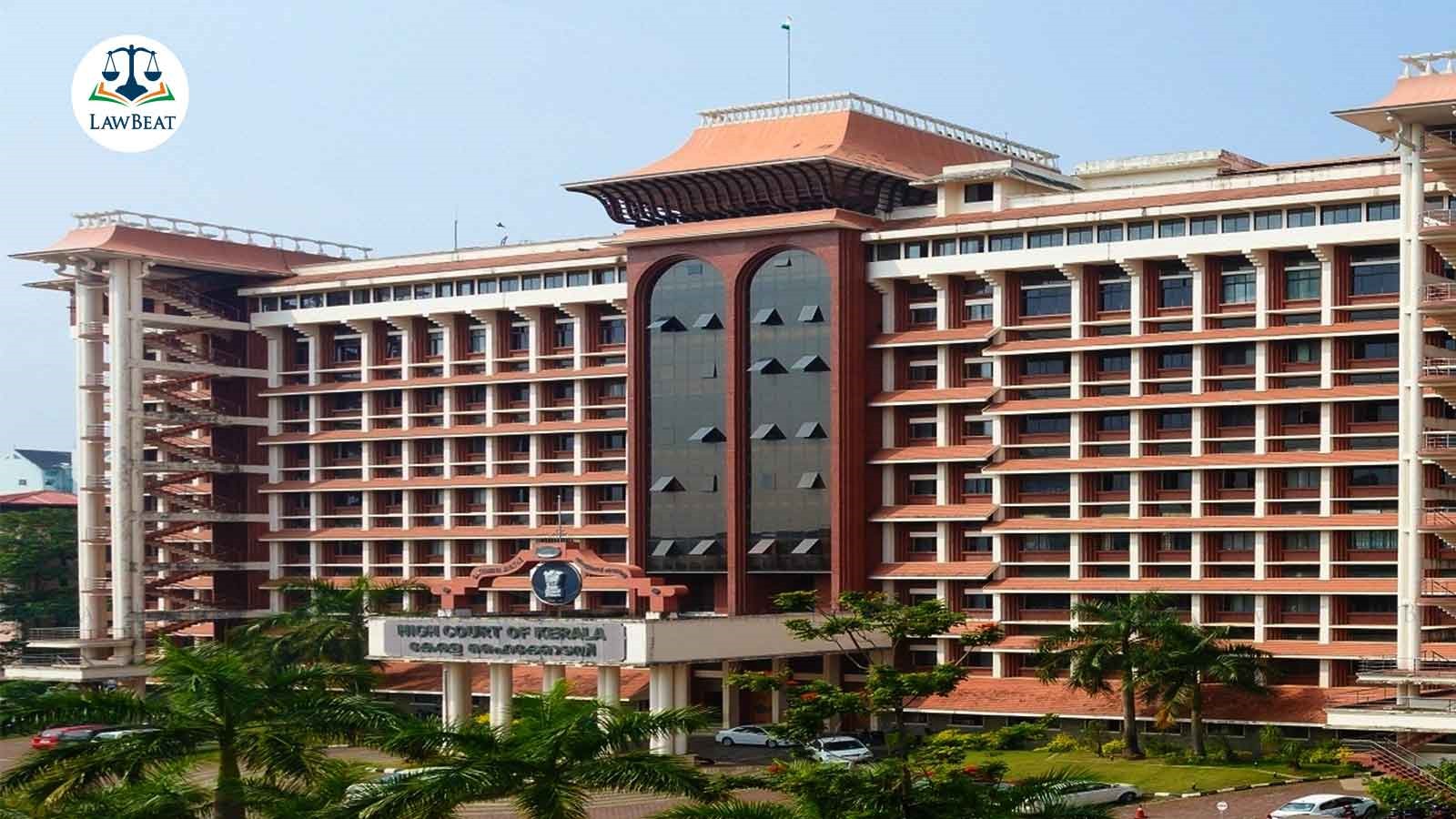Kerala High Court Denies Pre-Arrest Bail To Man, His Wife & His Mother Booked For Cheating Woman Through Matrimonial Website

The complainant woman claimed that she found a match on a matrimonial website where the man falsely presented himself as a medical doctor. It was also alleged that the man's wife posed as his sister-in-law.
The Kerala High Court has denied anticipatory bail to a man, his wife, and his mother who are accused of cheating a woman by impersonating a doctor on a matrimonial website.
Justice Gopinath P of the high court was hearing the pre-arrest bail application filed by the man, his wife, and his mother. They are facing charges under Section 406 and Section 420 of the Indian Penal Code, 1860.
The complainant-woman claimed that she found a match on a matrimonial website where the man falsely presented himself as a medical doctor. It was also alleged that the man's wife posed as his sister-in-law.
The three of them visited the complainant's place, and subsequently, the man borrowed 150 sovereigns of gold from the complainant, claiming that he needed the money for his father's treatment.
The man then pledged the sovereign gold bonds with a bank to secure a loan, and he subsequently deposited that money in the bank.
The counsel representing the petitioners argued that the complainant had worked as a collection agent with the petitioner. Due to a sour business relationship, a false case was filed against him, and his mother was falsely accused to exert pressure on the man.
The Public Prosecutor opposed the plea and argued that fraudsters like the petitioners often use the modus operandi of creating false profiles on matrimonial sites to deceive unsuspecting individuals, as seen in this case.
The high court, while denying pre-arrest bail to the three, stated that the possibility that the petitioners were engaged in cheating individuals by creating fraudulent profiles on matrimonial websites could not be ruled out at this stage.
“It is astonishing that the wife of the 1st petitioner (2nd petitioner)had accompanied the 1st petitioner and the 3rd petitioner to the house of the de-facto complainant as if the visit was to finalize the marriage between the 1 st petitioner and the de-facto complainant. These facts therefore indicate that the contention of the learned Public Prosecutor and the learned counsel appearing for the de-facto complainant that the petitioners are all engaged in cheating the persons like the de-facto complainant by putting up fake profiles on matrimonial websites cannot be ruled out at this stage,” the order reads.
Case title: Nijesh Chandran Ors vs State of Kerala & Anr
